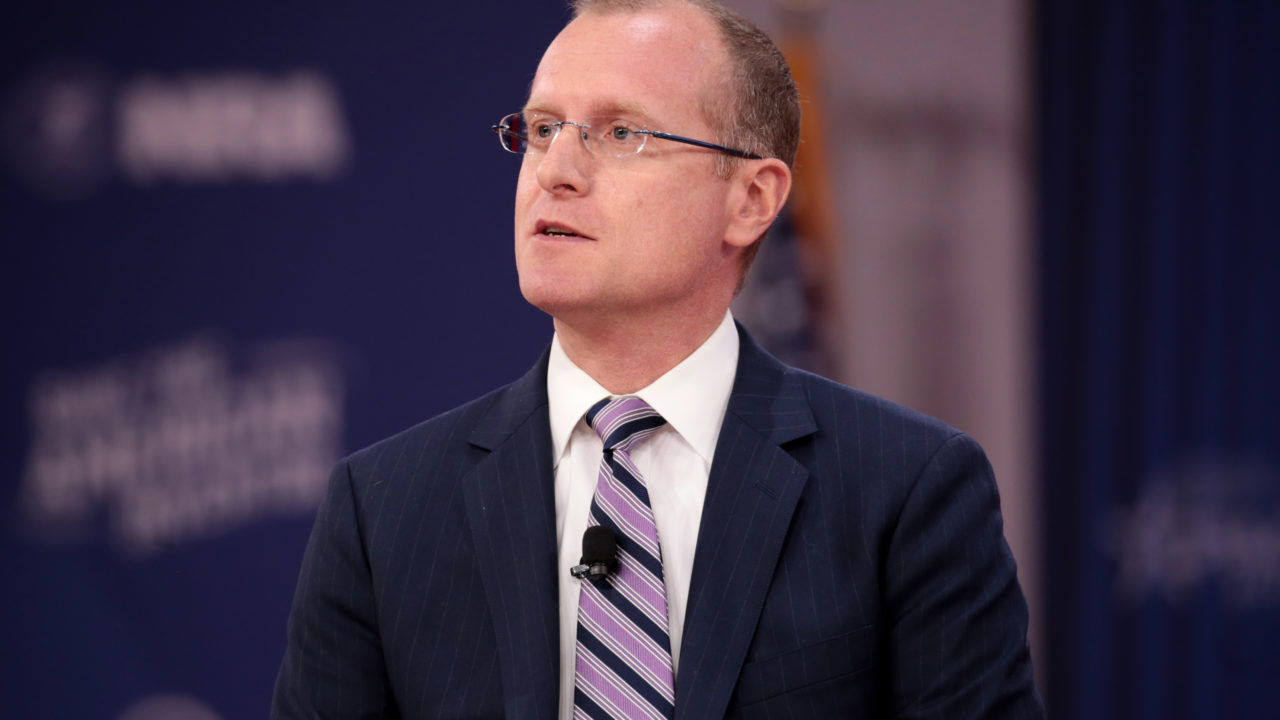
The FCC Looks into Educational Broadband Spectrum Use
At its July open meeting, the Federal Communications Commission voted to to update the allocation rules of the 2.5 GHz band.
The FCC approved a Report and Order that would remove ownership restrictions and allow auctioning of the band’s white space, leading to greater commercial use in the band and technological innovation. Prior to this change, the FCC only leased Educational Broadband Service (EBS) spectrum licenses in the band.
The FCC allows schools to use spectrum for free under the EBS license, which is dedicated to the transmission of educational content. Only educational groups — such as schools, governmental organizations or nonprofits — can hold the license, but the FCC prefers giving them to entities with connections to a local community or school.
Because of this emphasis on community, licensees that are not schools or local entities must meet certain requirements. Licensees can lease the spectrum as long as at least five percent of capacity is used for specific educational content. In fact, the FCC estimates that more than 90 percent of EBS licenses are leased to other entities.
Modernizing these rules could financially beneficial those already in the band, so the FCC is investigating certain EBS license holders to ensure they qualify for the license.
In July, Commissioner Brendan Carr openly questioned Voqal USA’s and Rockne Educational TV’s uses of the EBS licenses in two letters he published.
According to the letter to Voqal, which was sent on July 2, the organization has given revenues earned from leasing spectrum associated with its EBS licenses to political advocacy groups and organizations with ties to the company, essentially making money off a public resource.
Voqal, an alliance of EBS licensees, has seven EBS licenses that it leases out. The company recently wrote that it “relies on EBS royalties to support most of their work,” indicating that most of its revenue comes from leasing its spectrum.
And that number is quite high. According to its 2017 990 form, Voqal brought in nearly $5 million in revenue, none of which came from contributions or grants.
The organization’s tax forms also show how much it gives to progressive advocacy groups, with some donations exceeding $70,000. Voqal reported a $50,000 donation to PICO National Action Fund for “prosecutor elections,” $65,000 to Arizona WINS for “redistricting fight,” and $75,000 to Progressive Maryland for “fair elections.”
Moreover, Voqal may be using funds gained from leasing EBS spectrum for its own personal gain. According to its 2016 tax forms, the organization gave $1 million to Public Communicators, which was founded by Schwartz, the organization’s president. That same year the company paid over $600,000 to EBS Support Services LLC, the management arm of Voqal that lists Schwartz as a manager.
Likewise, Rockne Educational TV has repeatedly transferred its EBS licenses to Krisar, Inc., which is controlled by its president, George Bott. Likewise, The Learning Paradigm, Inc., which lists Bott as its president, has also transferred its EBS licenses to Krisar multiple times. In his letter, Commissioner Carr wrote that Krisar also received EBS licenses from Albion Community Development Corporation, Inc., which lists Bott as its contact.
FCC regulations require an EBS licensee to prove that its actions are “in furtherance of its educational mission;” it’s unclear how donating $75,000 to the CPD Action Fund for “scaling resistance” or transferring spectrum to the president’s other companies fulfills that requirement.
The 2.5 GHz band will likely open for commercial investment at the beginning of next year. But before then, as Commissioner Carr said in his statement at July’s meeting, the FCC will be investigating that this valuable spectrum goes to “kids and schools, not shady middlemen, not rent-seekers, and not scam artists.”
Author: Bethany Patterson
Photo credit: Gage Skidmore (Flickr)